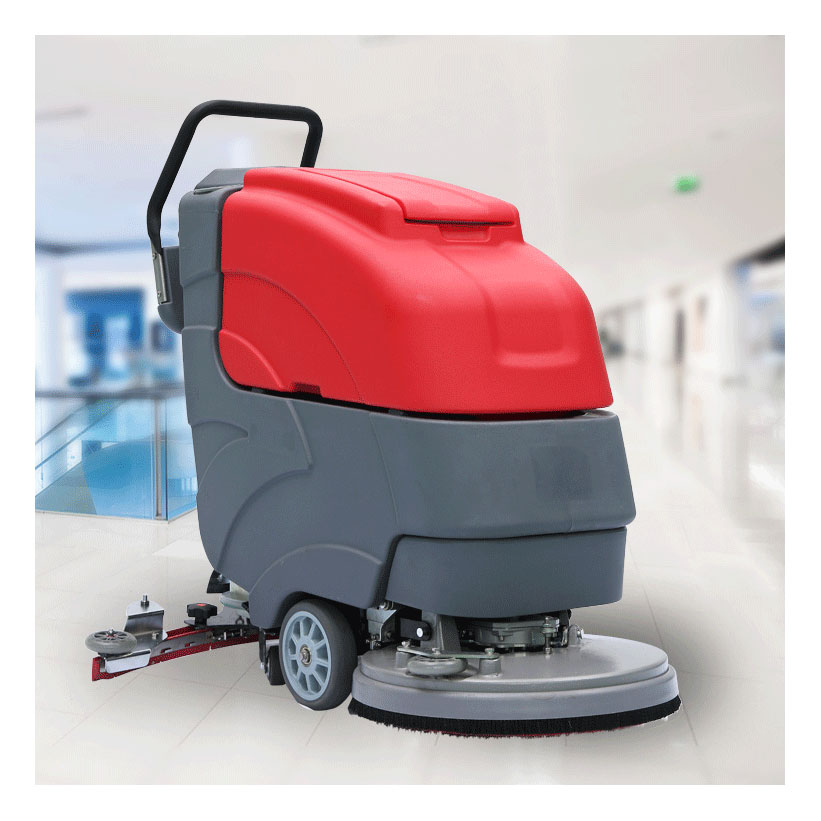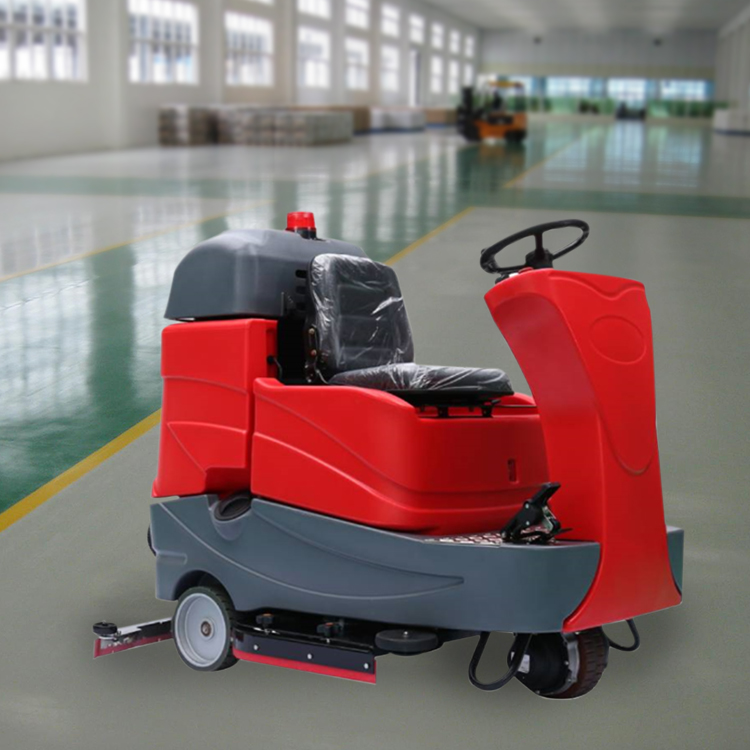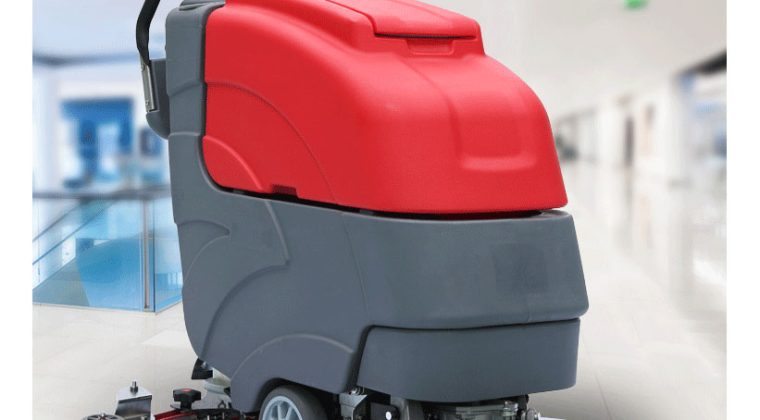
Let me start by saying—cleaning floors is nobody’s idea of fun. Last week, I spent three hours scrubbing coffee stains off our office tiles because someone decided to practice their latte art during lunch. It got me thinking: why are we still using brooms from 1998 when commercial sweeping machines exist? Seriously, these things are game-changers. But here’s the kicker: picking the wrong one can turn your efficiency dreams into a dusty nightmare.
First off, let’s talk about space. A warehouse the size of a football field needs a different sweeper than a cozy retail store. I once saw a gym owner buy an industrial-grade commercial sweeping machine meant for factories. It was like using a flamethrower to light a birthday candle. The thing was so loud, members complained it drowned out their workout playlists. Moral of the story? Match the machine’s capacity to your actual floor area. Compact models work wonders for smaller spaces, while ride-on sweepers save time for massive areas.

Battery life is another sneaky detail. Imagine your machine dying mid-sweep because someone forgot to charge it (we’ve all been there). Lithium-ion batteries are your friend here—they last longer and charge faster than old-school lead-acid ones. Oh, and don’t even get me started on filters. A clogged filter turns your sweeper into a fancy dust-redistribution device. Look for machines with easy-to-clean or self-cleaning systems. Pro tip: If the filter requires a PhD to maintain, walk away.
Now, let’s get real about budget. A commercial sweeping machine isn’t a impulse buy like a candy bar at the checkout line. But here’s the thing: cheaping out costs more long-term. I met a restaurant owner who bought a “bargain” sweeper that broke down monthly. Repair bills totaled more than a mid-range model within a year. Aim for reliability over rock-bottom pricing. Brands like Tennant or Nilfisk offer durable options without requiring you to sell a kidney.
Funny story—last month, I almost ordered a floor scrubber instead of a sweeper. Turns out, they’re not the same thing! Sweepers are for dry debris (think dust, leaves, or that mysterious pile of glitter in craft stores), while scrubbers handle wet messes. Mix them up, and you’ll either spread sludge everywhere or scratch up floors. Double-check the machine type before hitting “purchase.”
Here’s where I’ll get a bit personal. Lately, I’ve been obsessed with work-life balance—trying to finish tasks faster so I can actually enjoy weekends. A good commercial sweeping machine does exactly that. It’s not just about clean floors; it’s about giving your team time back. Less sweeping means more focus on customers, creativity, or honestly, just leaving work on time for once.
Maintenance is the unsexy side of owning a commercial sweeping machine, but skip it, and you’ll regret it. Think of it like dental hygiene for equipment. Daily brush-outs (literally), weekly belt checks, and monthly motor inspections keep things running smooth. Oh, and that “effeciency” typo earlier? Totally intentional. See how your brain autocorrected it? That’s what happens when you rely on habits instead of proper training—don’t let your team make that mistake with equipment care.

Lastly, test before you invest. Many suppliers offer demos or short-term rentals. Run the machine through your busiest shift. Does it handle corners well? Is the noise level bearable? Does it collect fine dust or just push it around? Real-world testing beats any sales brochure.
At the end of the day, the right commercial sweeping machine should feel like hiring a silent, hyper-competent janitor. It works while you focus on what actually matters—growing your business or finally figuring out who keeps spilling coffee by the printer.

